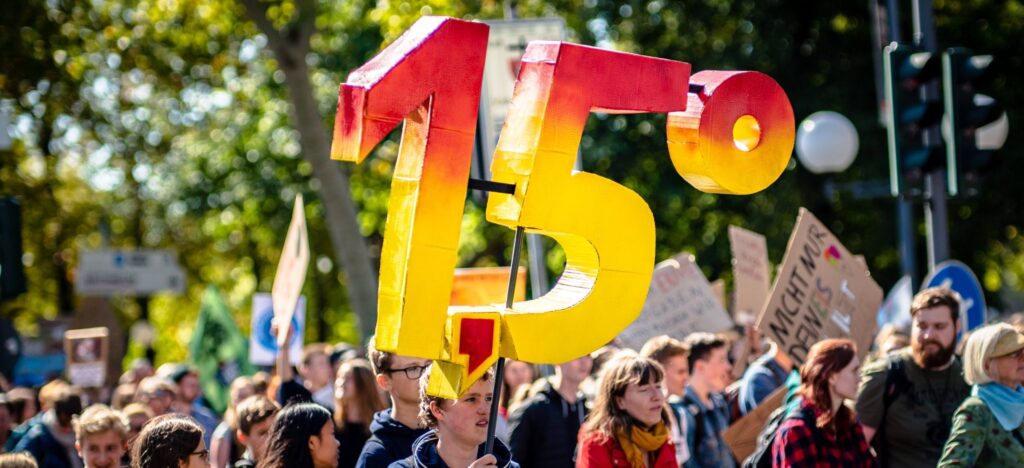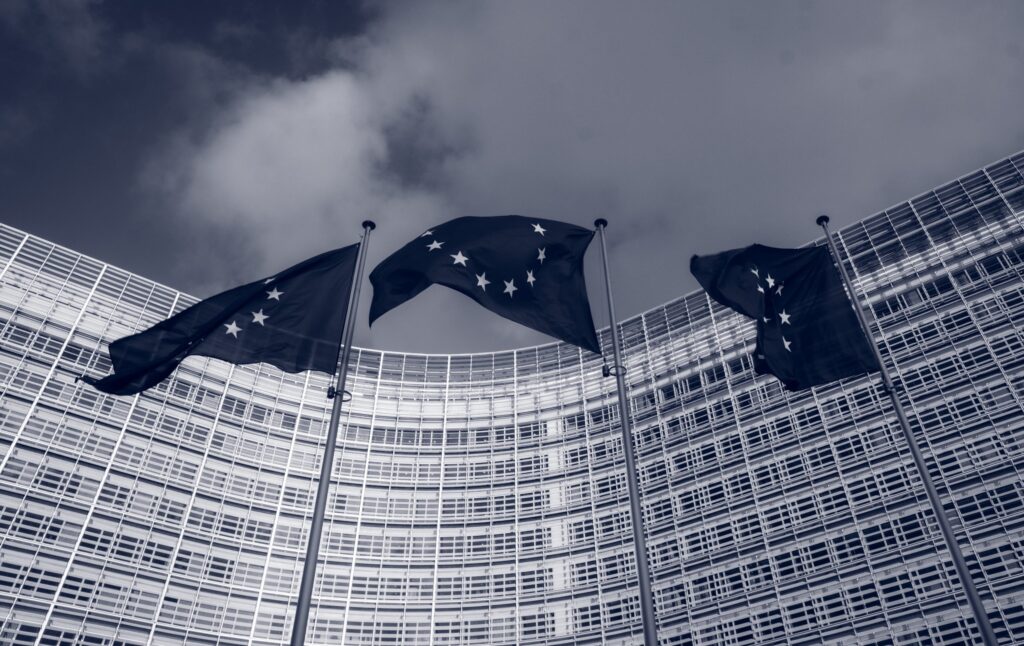Commentary
New economic thinking in France — A small but vibrant space
France’s new economic thinking is small, fragmented, and largely issue-oriented, with a focus on social justice and environmental issues. The field is supported by academic networks, cooperatives, and NGOs, but systemic transformation is limited by a lack of cross-sectoral funding and institutional support. Despite influential thinkers like Thomas Piketty, heterodox economics remains weak in academia and policymaking, hindering broader economic change. However, there is growing interest among students and the public in alternative economic models that address ecological crises.
Read MoreFive statements for sustainable urban mobility — learnings from Finland
Finland aims to reduce traffic emissions by 50% by 2030. To meet this goal, Demos Helsinki and partners held discussions to explore sustainable urban mobility. Key findings include the benefits of car-free living, the economic advantages of sustainable mobility, the role of compact urban design, the importance of data sharing, and the need for regulatory changes to promote low-carbon transportation options. Collaboration between cities, businesses, and mobility sectors is essential to creating accessible, sustainable transport systems that improve the wellbeing of citizens and the economy.
Read MoreFor blockchain to create trust, we need public governance and regulation
Trust is integral to the functioning of any society and the legitimacy of public institutions. In recent years, the trust in public institutions has been decreasing. At the same time, blockchain technology has created hope and hype in indirectly rebuilding public trust and governance. Blockchain has the potential to solve challenges related to trust, but only when combined with (a) appropriate regulation and (b) accountability mechanisms for public governance.
Read MoreDesigning policies for a wellbeing economy — learnings from Finland
Finland is developing a wellbeing economy governance model to complement traditional economic goals, focusing on citizens’ wellbeing. Challenges include overcoming siloed government structures, balancing economic and wellbeing priorities, and clearly defining wellbeing. These insights aim to inform global efforts, promoting cross-sector collaboration and a more people-centric approach to policymaking.
Read More1.5° — A life we can desire
To achieve a 1.5° life and reduce carbon emissions, we emphasize the importance of reimagining sustainable living as desirable and achievable. Our research highlights how cities, businesses, and individuals can contribute to a carbon-neutral future through systemic changes, regulation, and accessible products and services. Collaboration and imagination are key.
Read MoreThe climate crisis is a governance crisis
Governance must evolve to effectively tackle the climate crisis. Current systems, rooted in the industrial era, are inadequate for addressing the scale of transformation required. Empowering individuals, ensuring coherence in climate action, and delivering meaningful policies are essential. Additionally, global collaboration and systemic change are critical for achieving sustainable solutions and addressing the climate emergency.
Read MoreThe EU must develop new policies for the data economy
The European Union’s focus on digitalization Digitalization, continuously in progress, transforms the very fundamental structures of our economies and societies. On September 15, 2021, the European Commission published its State of the Union and, along with it, a Path to the Digital Decade. The EU wants “to be digitally…
Read MorePolicies against algorithmic discrimination still lacking
The deployment of AI systems in the public sector is still in its infancy, but algorithmic discrimination has been identified as a growing risk. The first findings of research project ‘Avoiding AI Biases‘ show that tools to assess and address discrimination are still lacking. The challenge: Algorithmic discrimination threatens fundamental…
Read MoreTowards systemic innovation: how foresight can help organizations transform
Across private and public sectors, key industries such as food production, energy, transportation, communication and materials, all face a series of significant challenges. The sustainability gap is vast, as a result of what we call transformative failure. The solution is transformations that are not only economically viable but also consider…
Read MoreDLT in public sector: Moving from transparency to accountability
Decentralized Ledger Technologies (DLT) hold a tentative promise for positive public sector transformation. They could improve capabilities to deliver services and answer societal challenges, and thus, increase societal trust. To turn promise into reality, Demos Helsinki is contributing to an EU-funded project called TOKEN. How can Distributed Ledger Technologies (DLTs)…
Read MoreA humble approach
Our mission is to imagine and co-create a vision and a reality for the next era. We exist to help bring about the transformative change that recognizes today’s and tomorrow’s challenges and crises and imagines new paths forward that are fair, sustainable, and joyful. Our time requires a…
Read MoreThe future does not exist
The world is full of chance, chaos, and things we don’t have a tested solution for. As such, companies try to eliminate uncertainty by either using data to predict trends or employing complex forecasting methods. Yet, neither of these models has any relevance unless we devote some time to thinking…
Read More











